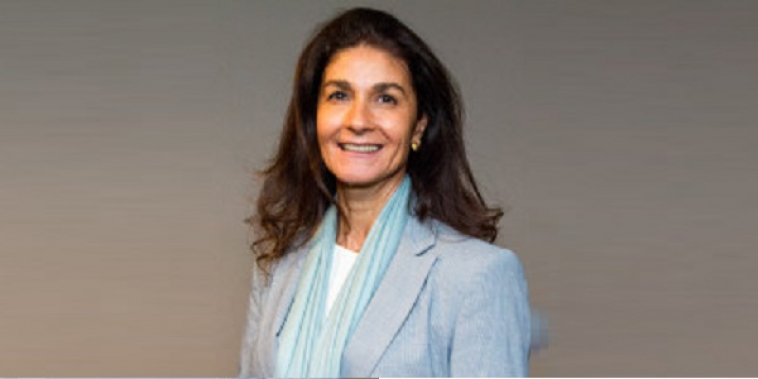Think Equal: women's health, Brazil

Well-being is not just the absence of illness and injury.
Gender equality, with investment in gender-responsive services and infrastructure that meets the needs of women and girls, is essential for a world where all women achieve the highest possible standards of physical, mental, reproductive and sexual health throughout their lives.
As the global voice for women’s health, FIGO believes that the challenges women face – in their choices, pathologies, and safety – cannot be solved in clinical isolation.
We asked Dr Maria Celeste Osorio Wender, Vice President of FEBRASGO (Federaçao Brasileira das Associações de Ginecologia e Obstetricia) about the barriers she sees to equal access of public services and sustainable infrastructure in Brazil, and innovations that are raising the status of women.
What does ‘Think equal, build smart, innovate for change' mean to you in the context of women’s health?
That´s a perfect theme. Women must have equality: in education, in health systems, in our future!
Contraception is still widely seen as a woman’s responsibility – in most countries, but particularly in countries where abortion is not allowed, as here in Brazil. When I talk about education as a tool for equality, we need to consider that if a girl has a baby at 14 years old, what does her future look like?
I remember when I was a resident and thought that adolescent pregnancy would be a thing of the past in a near future...Unfortunately it is still a reality and a problem of the present.
A girl must have education, so she will see a better future for herself. I think that´s our main problem in Brazil. Education must be a priority, in every small city or rural area of the country.
Access to public services is essential for health and wellbeing, particularly primary care: but there is often a dangerous gap between men and women, rural and urban. Please could you address the biggest challenge you see for women in Brazil when it comes to accessing public services?
We have a different picture in Brazil - access to public services can be broadly limited, and our gap is economic, more than gender. In fact, it used to be that women went for basic health and preventive medicine more frequently than men. Unfortunately, our financial resources are limited, and we still have a number of women and men not easily reaching public tertiary care.
How is FEBRASGO working to advance gender equity when it comes to access to public services?
FEBRASGO recently undertook a major population survey (link in Portuguese) in collaboration with Datafolha, a polling institute, about women’s satisfaction with the OBGYN profession.
More than one thousand women were interviewed in more than 120 cities, 58 percent from urban areas, 42 percent from rural areas, and more than 58 percent in the public health system (Sistema Único de Saúde - we call it SUS).
78 percent of the women surveyed said they had seen an OBGYN in the last year. We are very proud because, even in the public system, 80 percent of the women were satisfied or very satisfied with their OBGYN care.
But these results also show that there are still many Brazilian women who lack access to public healthcare: 30 percent of women, primarily the rural areas, had difficulty seeing an OBGYN. FEBRASGO is organising campaigns aimed especially at socially vulnerable women, together with work on improving access to public health services, to positively influence this situation.
OBGYNs are on the frontline of women’s health, and change. What is the most exciting innovation you have seen when it comes to accelerating progress for gender equality in your field?
Our goal is to reach Universal Health Coverage. Every girl or women in the country must have access to primary care: contraception, cancer prevention, prenatal assistance, deliveries in respectful and high-quality care environments.